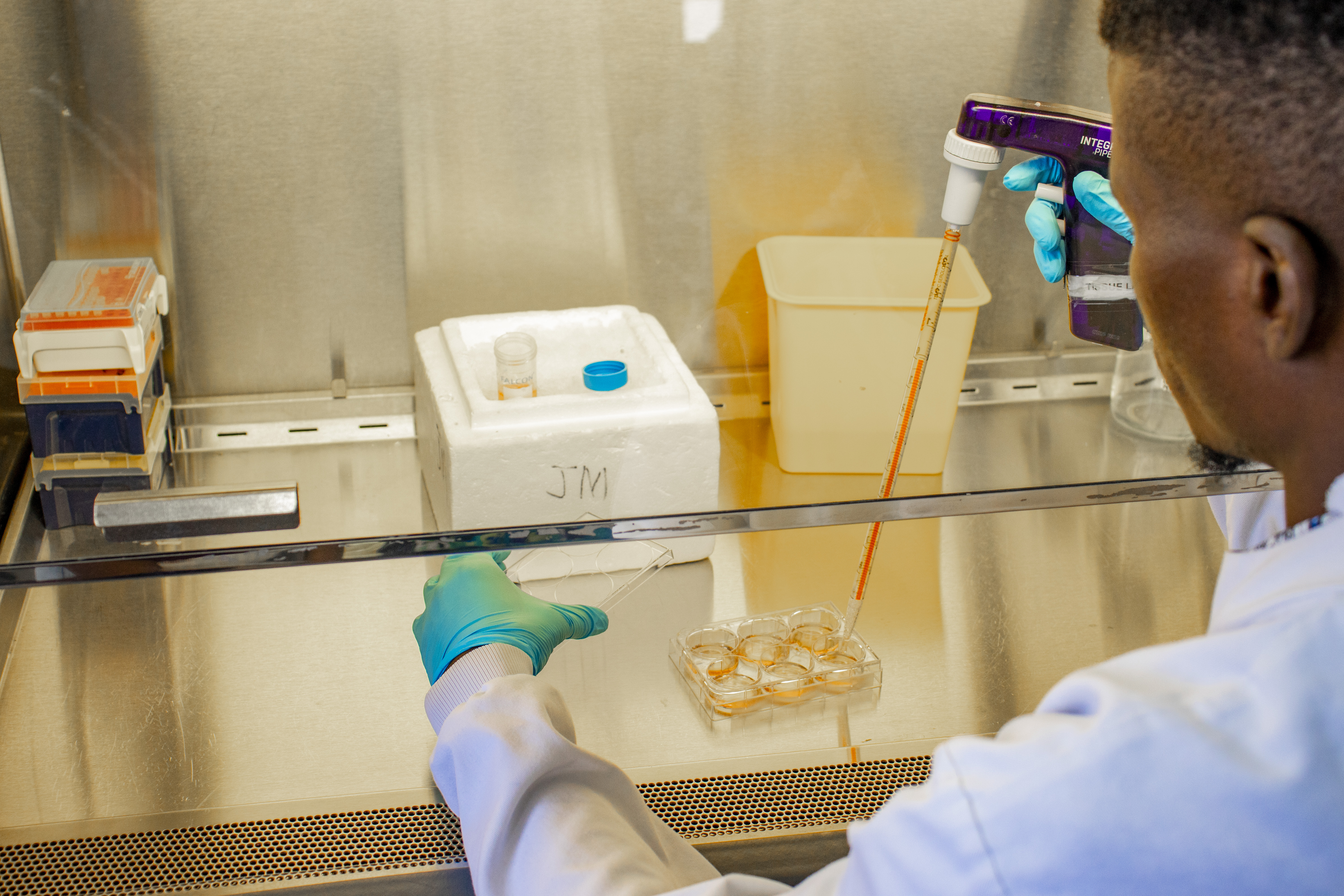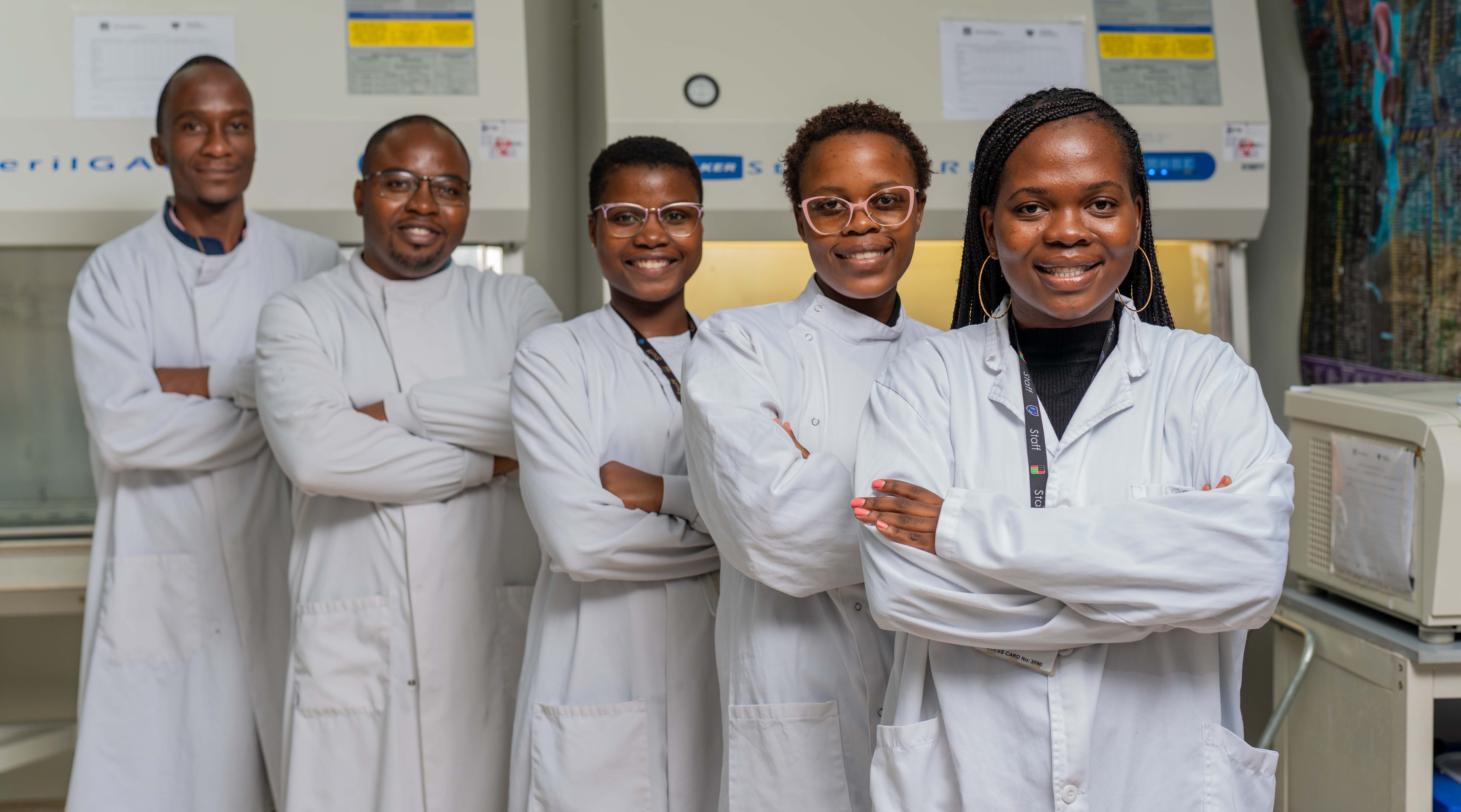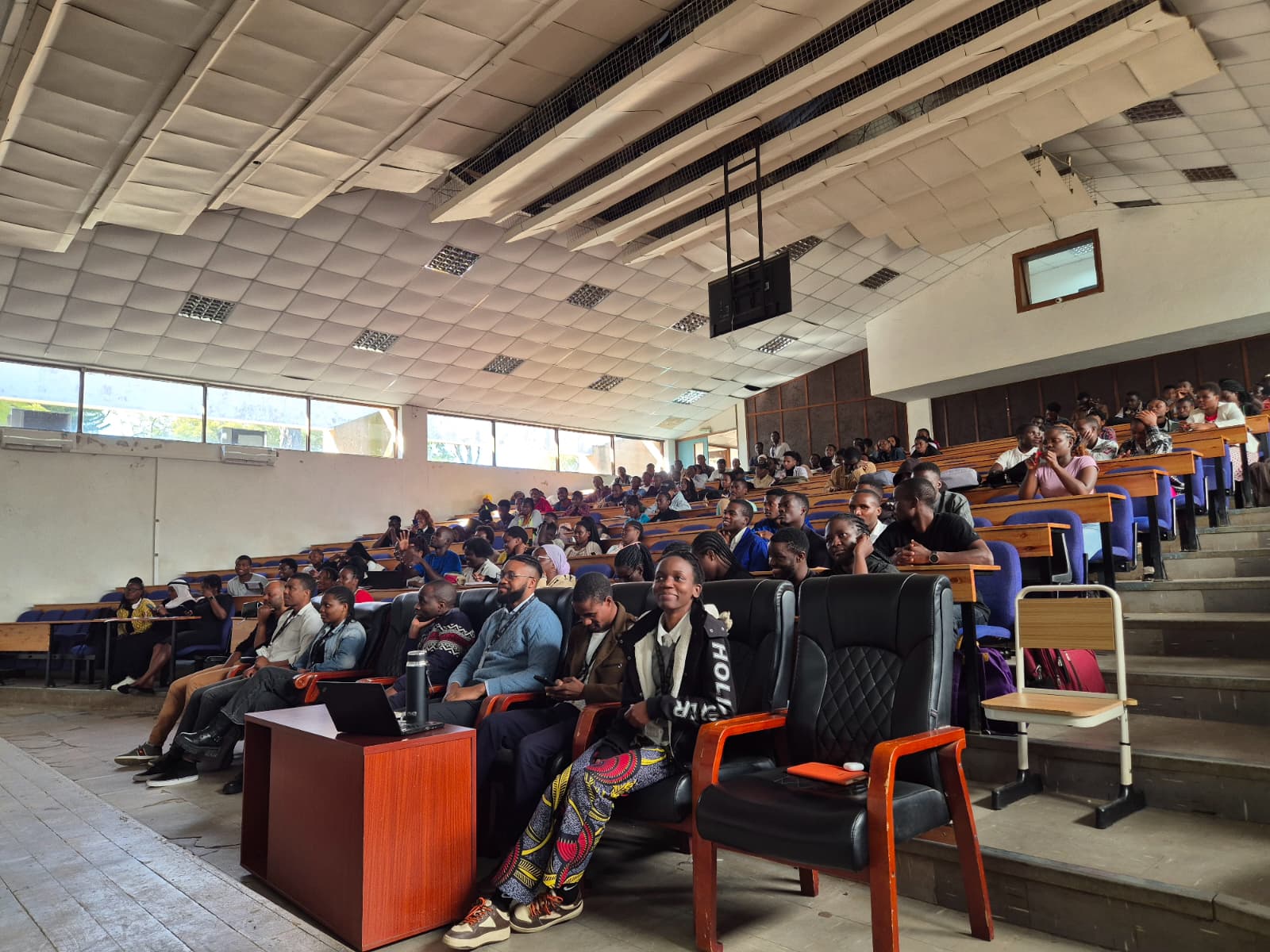By Salomy Chivunga
The Single High Dose Ambisome to Reduce Excess Mortality from Cryptococcal Meningitis (SHARE CM) project aims to enhance healthcare workers’ capacity in treating and caring for patients while raising awareness about Cryptococcal Meningitis, a prevalent form of meningitis. This disease is largely unfamiliar to the public and particularly affects individuals with compromised immune systems, such as those on ARV therapy, people with diabetes or cancer, and those using immunosuppressive drugs.
Dr. Eltas Dziwani, project doctor and coordinator of SHARE CM, discussed the project’s objectives during an interview on Emerging Insights, a health research-focused television magazine. She highlighted that the project builds upon a study conducted from 2018 to 2021, which identified Ambisome as the most effective treatment for Cryptococcal meningitis. The SHARE CM project aims to train healthcare workers in disease diagnosis, Ambisome administration, and patient care, and to promote general awareness about Cryptococcal meningitis. Implementation spans across four sub-Saharan countries: Malawi, Zimbabwe, Uganda, and Botswana.
“Early diagnosis is of critical importance for effective treatment, because the symptoms often start with mild headaches and worsen over time. Additional symptoms include vomiting, sensitivity to light, neck pain, fever, seizures, and in severe cases, loss of consciousness,” she said.
The project collaborates with healthcare professionals from Queen Elizabeth Central Hospital and MLW, alongside former patients who have consented to share their experiences to raise disease awareness. A Community Advisory Board, comprising meningitis survivors, civil society representatives, journalists, and community leaders, supports outreach efforts.
Dr. Dziwani further urged individuals with weakened immune systems, such as inconsistent ARV users among HIV-positive individuals, to adhere to prescribed treatments to prevent Cryptococcal meningitis. “It is important to seek prompt medical consultation upon experiencing symptoms suggestive of the disease,” she advised.



